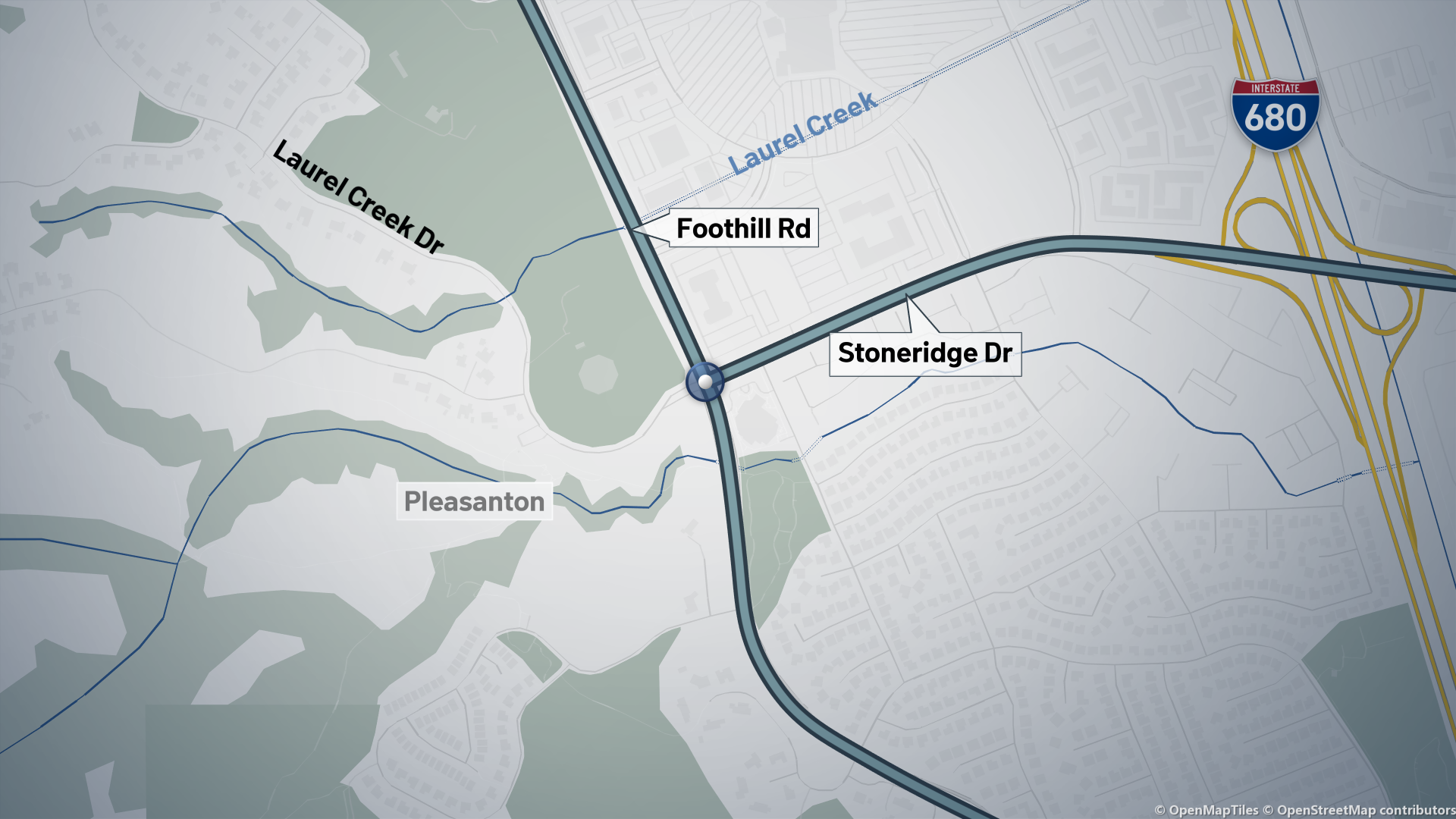A Federal Aviation Administration report, just made public, says an over reliance on automated systems used by pilots in the cockpits of commercial airlines has led to accidents and safety incidents.
The FAA report stresses the risk that future accidents could occur as commercial airline pilots become overly reliant on automated computer systems in the cockpit and lose their hands-on, manual flying skills.
The 279-page report, titled “Operational Use of Flight Path Management Systems” was just made public yesterday. It analyzed safety and operational data to determine a significant relationship between errors using the automated cockpit computers and accidents.
It provides recommendations to airlines to streamline guidelines for operating the systems, like auto-pilot, and provide more training to pilots and flight crews in managing and using automation.
To view the full report click here
Because of the group’s findings, the FAA is warning the public and commercial airlines that pilot training needs to be enhanced.
The FAA’s action comes three months after the NBC Bay Area Investigative Unit exposed the airline industry’s concerns about “automation addiction” and commercial airline pilots.
The Investigative Unit’s probe followed the fatal crash of Asiana flight 214. NTSB investigators confirm that as part of the Asiana flight 214 crash investigation they are exploring the interaction with automated systems and the three pilots in the cockpit as a potential cause.
Local
The FAA’s newly released report states: “Pilots sometimes rely too much on automated systems,” “auto-flight mode confusion errors continue to occur,” and “pilots sometimes over-rely on automated systems.”
As part of the study, the working group reviewed the role automation played in accidents and major safety incidents in terms of it being too confusing or complex.
The report also reviewed accidents and safety incidents where the automation did not function properly or as anticipated.
It also looked at pilot-training levels in relation to accidents and issues with individual airline company protocols and procedures.
Some highlights:
The study found of all accidents reported:
• 23 percent had pilots caught by surprise
• 27 percent had pilots made an error in selecting computer modes
• 60 percent had a manual flight error by pilot
In all safety incidents reported:
• 45 percent had pilots caught by surprise
• 60 percent had an error in using a flight management computer
The report recommends more “automation surprises” be integrated in the training. FAA Administrator Michael Huerta also called on the airline industry to voluntarily improve its training to focus on the issue of automation over reliance.
NASA-funded aviation research engineers at the University of Iowa are in the middle of a three-year grant to study the relationship between pilots, automation and accidents.
“Flying heads down is something that we see a lot more with computerized cockpits,” Dr. Thomas “Mach” Schnell, who leads the Iowa research team, told NBC Bay Area.
He compares the use of automation in a cockpit to cruise control in a car.
“Everybody has had a little glitch with the car where they thought that the cruise control was off and then they realize, ‘Hey it’s still on,’” Schnell said. “Now make it 10 times as complicated, and that’s what automation in the flight deck looks like. Every once in a while it will catch you in such a way that you didn’t anticipate.”
Schnell also said he believes modern pilots are becoming too reliant on automation to fly the airplanes.
“You lose eventually touch of the stick and rudder skills that a pilot may have had,” he said.
Do you have a tip for the Investigative Unit?
Email us. TheUnit@nbcbayarea.com
Tweet us: @TheUnitNBC @stephenstocktv @putnamproducer



